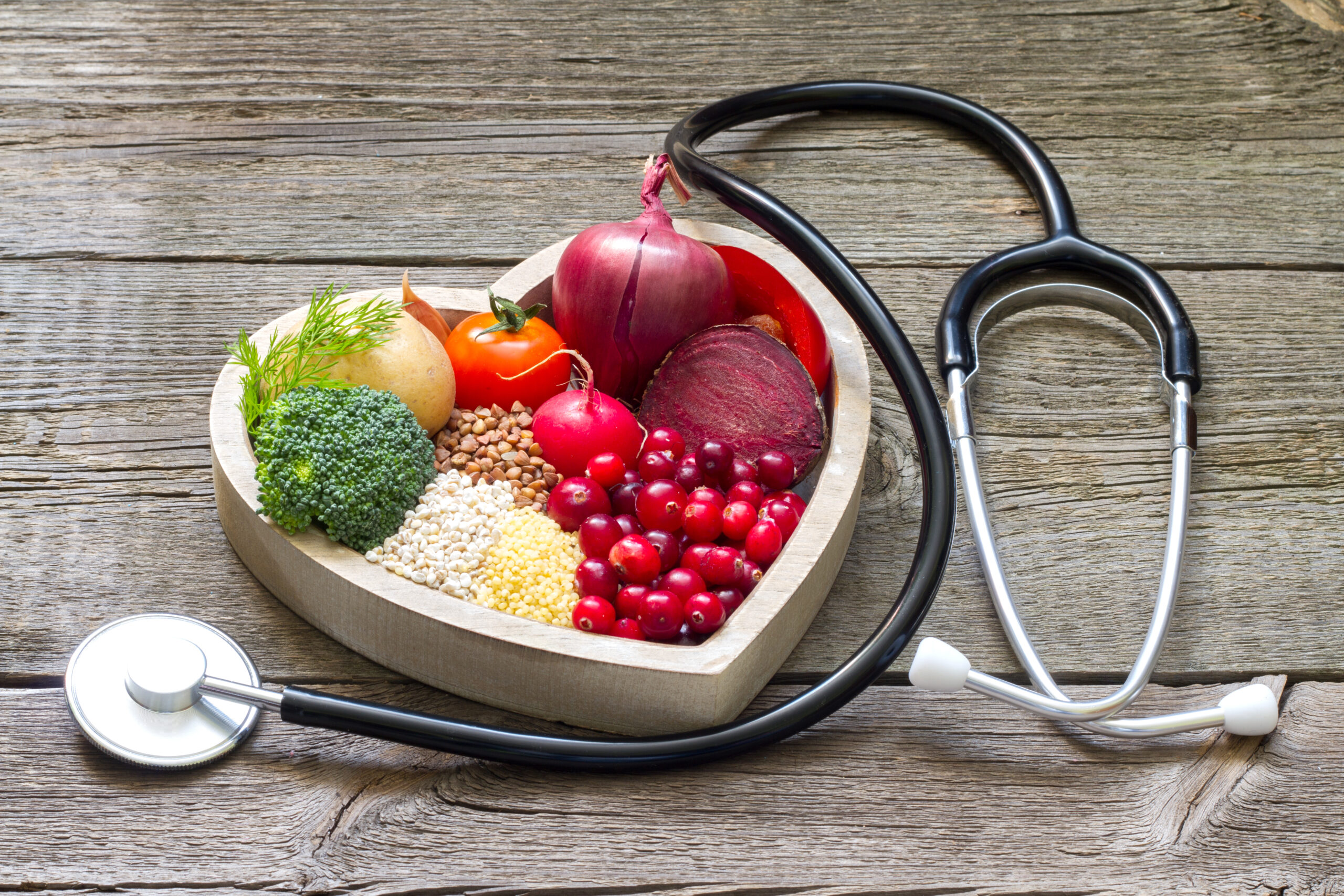Every year, World Heart Day reminds us that we must take care of this organ that is essential for life. Weighing just 300 grams, it pumps five liters of blood per minute. This blood carries nutrients and collects waste from hectic daily activity.
Disorders that affect the heart and blood vessels, so-called cardiovascular diseases, are the main cause of mortality worldwide. They claim 17.9 million lives a year.
Among the numerous pathologies classified in this group of ailments, the most deadly are ischemic heart disease and strokes.
The main modifiable risk factors are physical inactivity, tobacco and alcohol consumption, and the topic at hand here: unhealthy diets.
Overweight and obesity also pose a risk.
Fatal plaques in blood vessels
Atherosclerosis, hypertension and diabetes are behind most cardiovascular diseases.
The first is the process by which atheroma plaques form in the blood vessels, composed of fat, connective tissue, cells and calcium. These plaques accumulate under the layer that covers the blood vessels and, once formed, are difficult to remove.
Over time, these formations can grow and narrow the vessels, blocking blood flow. This raises the risk of rupture or clot formation, with potentially fatal consequences.
Can we do something to prevent atheroma plaques from appearing? Yes a lot. Taking as little saturated fat and trans fat as possible is a good start. With this we reduce the risk of coronary heart disease and mortality.
Trans fats are in all processed foods that contain partially hydrogenated oils or fats. We can detect them by consulting the list of ingredients. They tend to be low-quality pastries or pre-cooked products.
For its part, saturated fats are found in meat, dairy products, chocolates, sauces, coconut or palm oil. For this reason, it is recommended to reduce the consumption of meat, especially red and processed meat, and full-fat dairy products (including cheese). As for the rest of the foods on that list, it is better to eliminate them from our diet.

Against hypertension, less salt and more potassium
The likelihood of death from cardiovascular disease increases with elevated blood pressure. Higher salt consumption and lower potassium consumption are associated with a greater risk of hypertension and cardiovascular problems.
We should reduce the salt we eat by half, which is not just what we add to food. In fact, most of it comes from processed foods. It is even in sweet products.
The processed foods that contain the most salt are salted meats, sausages, sauces and appetizers. But there is also a lot of it in widely consumed foods such as bread or cheese.
Increasing potassium intake can help lower blood pressure and, as a result, reduce the risk of cardiovascular disease. This mineral is mainly found in natural foods such as fruits, vegetables, legumes and nuts.

The true benefits of fiber
Fiber has numerous beneficial effects for us, although not as miraculous as advertising campaigns make us believe. The truth is that people who consume more of this nutrient have a lower risk of mortality from any cause, including cardiovascular disease, incidence of coronary heart disease, heart attack, and death due to heart attack.
We can find fiber in foods of plant origin, and it is always better to take it from natural foods. Legumes contain the most, followed by whole grains, nuts, fruits and vegetables.

Other heart-healthy foods
As for other components of the diet, extensive recent work has reviewed many studies that relate different types of foods to the risk of death from cardiovascular causes.
The results show that people who ate a large amount of whole grains, fruits, vegetables and nuts for a long time had a lower risk of death from cardiovascular causes.
For every 10 grams more whole grains people ate per day, the risk decreased by 4%. On the contrary, the intake of red or processed meat increased it: 1.8% more for every 10 grams they added to their daily diet.

Long live the Mediterranean diet
In 2013, an article was published that went around the world and highlighted the benefits of the Mediterranean diet. Until then, they had little credibility.
This work was carried out in Spain in older people with high cardiovascular risk. The conclusion was that following this type of diet protected against the risk of heart problems.
The Mediterranean diet includes a high consumption of fruits, vegetables, legumes, nuts, fish and virgin olive oil. On the contrary, greatly limit the intake of red and processed meats, carbonated and/or sugary drinks, commercial pastries and fats other than olive oil.

Question of healthy habits
We can do a lot to reduce our risk of heart disease. Improving our diet is essential and to do so we must focus on natural foods such as whole grains, fruits, vegetables, legumes, nuts and, as the main fat, virgin olive oil.
Avoiding alcohol, quitting smoking and doing physical activity daily are the other habits that help us take care of our heart.

* Ana Belén Ropero Lara is a professor of Nutrition and Bromatology and director of the BADALI Project. She is part of the Bioengineering Institute of the Miguel Hernández University in Spain.
Marta Beltrá García-Calvo is a professor of Nutrition and Bromatology and collaborator of the BADALI Project. She is part of the Bioengineering Institute of the Miguel Hernández University in Spain.
Silvia Guillén García is a cardiologist at the Miguel Hernández University in Spain.
*This article was published on The Conversation and reproduced here under the Creative Commons license. Click here to read the original version.
Remember that you can receive notifications from BBC Mundo. Download the new version of our app and activate them so you don’t miss our best content.
Keep reading:
* Asparagus: the natural solution to improve digestion and lose weight
* Avocado: an essential food for your heart and body
* Flexitarian diet: helps prevent diabetes and improves the heart
Do you already know our YouTube channel? Subscribe!
